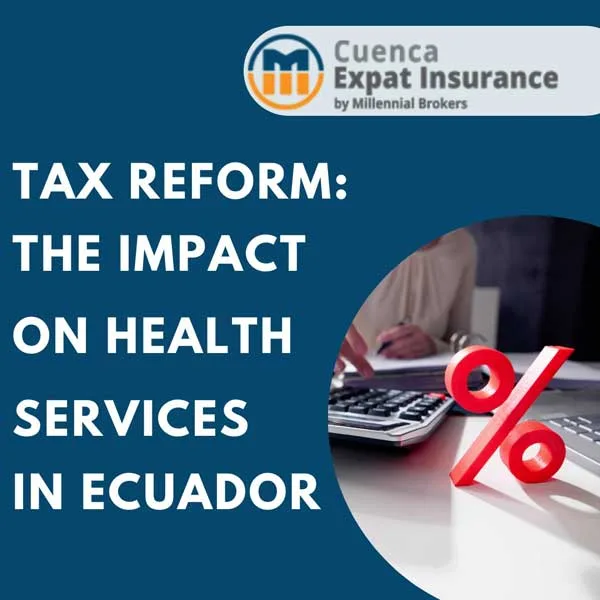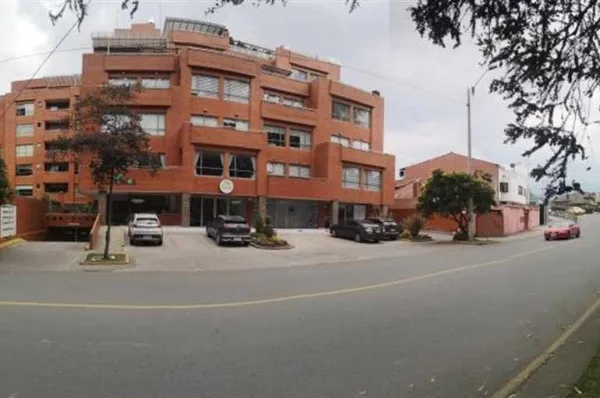The haberdasher’s tale

As you may have noticed, for the past three years I have been writing a weekly love letter to Cuenca. The serendipities that guided me through this year seem no less than the work of angels.
On occasions over this last year, someone would pause as they passed me and offer a compliment, the sweetest piece of candy.
“I like what you are doing. I enjoy the fact that you share your life with us”.
This reassurance is well deserved for many expats and Cuencanos who give of their time and love every day. It is a measure of guidance and inspiration I rely on, and, I am warmed by each and every loving touch.
I feel a deeper warmth, as well. I am infused with the resolute culture that engulfed me.
I am consumed. My heart is on fire.

I recall a time when some folks insisted that, given time, my rose-tinted lenses would dull and I would understand the benefit of their school-of-hard-knocks wisdom, and see Cuenca for what it is: Poor sanitation, discomfort, unsavory elements, a fledgling country with foreign ideas that need Yankee or Canuck know-how.
My favorite was the reader who complained that I was doing a grave disservice to readers by not telling the unvarnished truth about Cuenca. I failed my duty as a columnist by not detailing the horrors of Cuenca — petty crime, uneven sidewalks, and watermelons with too many seeds.
I was not fair and balanced, it seemed.
I invited him to sit down with me over a cup of coffee and chat face-to-face rather than respond to his diatribes in the comments section. But, he couldn’t join me. He lives in Vermont.
However, in the spirit of giving voice to his concerns, allow me to share with you one of my favorite things about living here that drives this guy bonkers: In Cuenca, the customer comes third, or fourth. Almost always.
God, family, and friends come first. Always. I appreciate that.

I walked by a haberdashery a while ago and saw a style of hat I liked. I went in, chatted a bit with the hat-maker, was measured to guarantee that the hat was properly sized, and was told to return the next day to pick up the finished product.
When I dropped in two days later, the hat-maker again measured me to guarantee that the hat would fit exactly as I wished, and assured me that he would be ready for me when the sun rose in the morning.
A few days later, I breezed into the haberdashery and was warmly greeted by the hat-maker who agreed with me that yes, I really did want the hat, and that he would proudly make one exactly as I wished. Just come on back in the morrow.
The next morning I entered the store just as a car wreck of thunder plowed through the clouds, spilling water like a broken hydrant. I was again warmly greeted by the hat-maker, only this time I was handed a hat that was perfectly made, exactly what I wanted, and is certain to endure a lifetime of wearing in the rain.
Typical.
I deeply respect the custom of developing a social bond as an essential component of everyday transactions. It restitches pieces of the community that have become frayed by a perceived slight, or a son and a daughter of neighbors dating, or no longer dating. Through simple communication, the fabric is repaired and the damage assigned to the past.
Like with the haberdasher; the simple conversations we shared were meaningful simply for having had them. The fact that I cheerfully returned again and again established both my number three ranking, and the amount of time the hat-maker would invest in creating my hat. If I was impatient, I would have received a rushed job certain to fray over time.
I learned to respect this too; we must be model citizens to offset those who are insensitive to local customs and have an incurious mind.
Some are here only because they can live well on the cheap, and they care nothing for the people and culture established thousands of years ago. The people of Ecuador know this because they experience humiliation every single day.

They feel it on their skin every time an indifferent gringo casually, and most often ignorantly, offends them, or becomes disrespectful in some profound way — sticking a camera in a woman’s face, as if she was an animal in a zoo — breezing into a church, flip flops slapping in rhythm to lips babbling. Yet they continue to tolerate us and even subsidize our presence.
What patient and kind people they are. How deep their compassion and capacity for unconditional love.

The financial eligibility for an extended Ecuador visa is about $800 a month, over twice the national minimum wage. Ecuadorians, many who still struggle under the yoke of a three-year recession, see us everyday, living very well and being subsidized by their government. My heating and cooking gas costs less than $2 a month simply because the people of Ecuador help me pay that bill. And, that is just the beginning.
Sadly, there are those among us who take every opportunity to take, and offer nothing in return. Like clawing back tax money at every single opportunity, or insisting on a $70 health insurance policy without having contributed their fair share into a common fund. It is quite disheartening to witness such selfish exceptionalism and entitlement in Ecuador. We must turn our backs on this corroding disease on very occasion, and move forward by contributing some small part of our day in service to others.

And, as for those who bray of their wealth to justify their greed and indifference, or choose to ignore or belittle those who opened their arms to embrace us and invited us to make ourselves at home?
They deserve the Humiliation Cross, and nothing less.
_________________
Reposted from February 2018


















